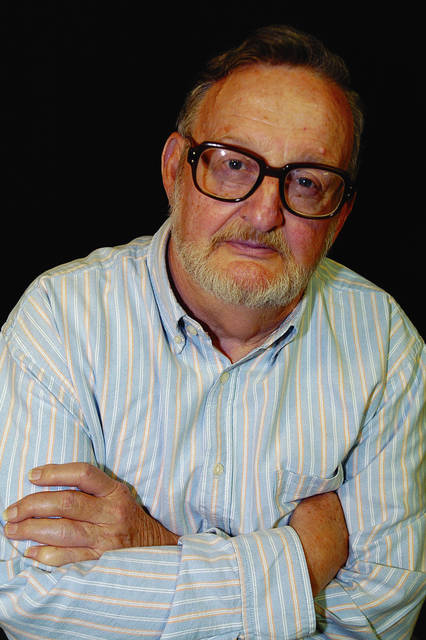
It seems to me that we need to have a “New Years”, that is, a formal celebration, a recognition, of the ending of a defined “old” period of time and the beginning of a “new” one. Apparently, we humans have some kinda built-in compulsion, a desire, to somehow say goodbye to an “old” interval in both our lives and in society and welcome the “new”. Fortunately, nature has provided us with such a handy division of time – the year. And, you know what? Folks who study such stuff say that even the ancient Babylonians had new year’s celebrations some 4,000 years ago, but their whooped-de-do was a bit different from ours.
You see, those really ancient people were pretty decent astronomers considering they didn’t have modern telescopes and such. They were able to identify the relative movements of the sun and moon and using this information marked the arrival of the new year by the first new moon after the vernal equinox – that’s the day in spring when there is an equal division of sunshine and darkness. They celebrated with an 11 day festival with each day involving different rituals – but these were more than simply agricultural-oriented beginning-of-the-new-growing-season festivities. There was also an important political purpose. Yep, it was during this time that a new king was crowned or the current ruler’s “divine mandate” was extended for another year. Quite a party, huh?
Oh, lotsa other civilizations have come up with their own versions of an annual celebration. These first-day-of-the-year festivities were typically identified by some agricultural or astronomical event. In ancient Egypt, for example, the year began with the annual flooding of the Nile, which coincided with the rising of the star Sirius. For centuries, the annual flooding of the Nile provided the soil renewal necessary for Egyptian agriculture and so the timing was appropriate. The first day of the Chinese new year, on the other hand, was tied to the second new moon after the winter solstice. The interesting thing is these dissimilar peoples felt the need, the compulsion, to somehow identify and celebrate a “new” year.
The ancient Romans also celebrated the new year beginning at the vernal equinox as did those Babylonians some 2000 years earlier. This celebration was supposedly created by Romulus, the legendary founder of Rome, in the eighth century BC, but there was a problem. You see, that early Roman calendar had 10 months and 304 days so a later king added the months of Januarius and Februarius to account for the difference between the Roman calendar year and that of the solar year.
That still didn’t correct the problem as the calendar fell out of sync with the sun so in 46 B C the emperor Julius Caesar decided to solve the problem by introducing the “Julian” calendar, which is pretty close to our modern Gregorian calendar. Not only that, but he established January 1 as the first day of the year – which I think was a really neat idea.
As I have noted here in years past, the god Janus, for whom January was named, had two faces, one looking forward to the future and the other backward to review the past. He was also the god of doorways – which provide transition from one place to another. Can’t get more symbolic of New Years than that.
I won’t go into the evolution of the holiday in the intervening 2000 or so years, but suffice it to say, the theme has remained fairly constant. For example, making resolutions for the new year may have been first practiced by the ancient Babylonians, who made promises, such as paying off debts, to earn the favor of the gods and start the year off on the right foot. Different cultures continue to celebrate by eating certain foods such as grapes, lentils, rice, special pastries, and pork to bring good luck for the coming year. We mustn’t forget the noise-making bells, whistles, gongs, fireworks – and of course, the songs and shouts employed to celebrate the passing of the old and welcoming of the new.
Why is this celebration so common around the world, and has been for as long as there have been calendars? Behavior this universal has gotta be tied to something deep-seated in the human animal, something so meaningful and important that it transcends multiple societies throughout recorded history. The only suggestion I have is: what would our lives be like if we didn’t have this opportunity for periodically having a fresh beginning, a renewal of hope for the future? Without it, we would simply face the prospect of endless tomorrows being the same as today and that would be intolerable. At least that’s how it seems to me.


